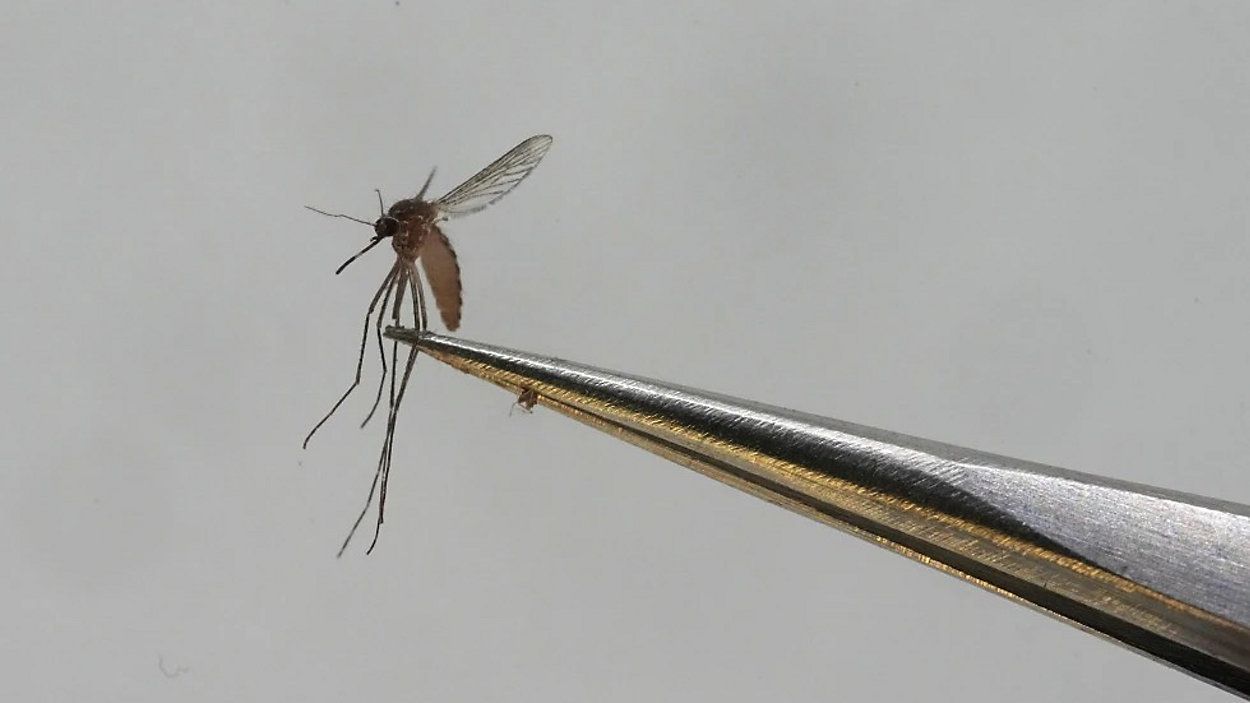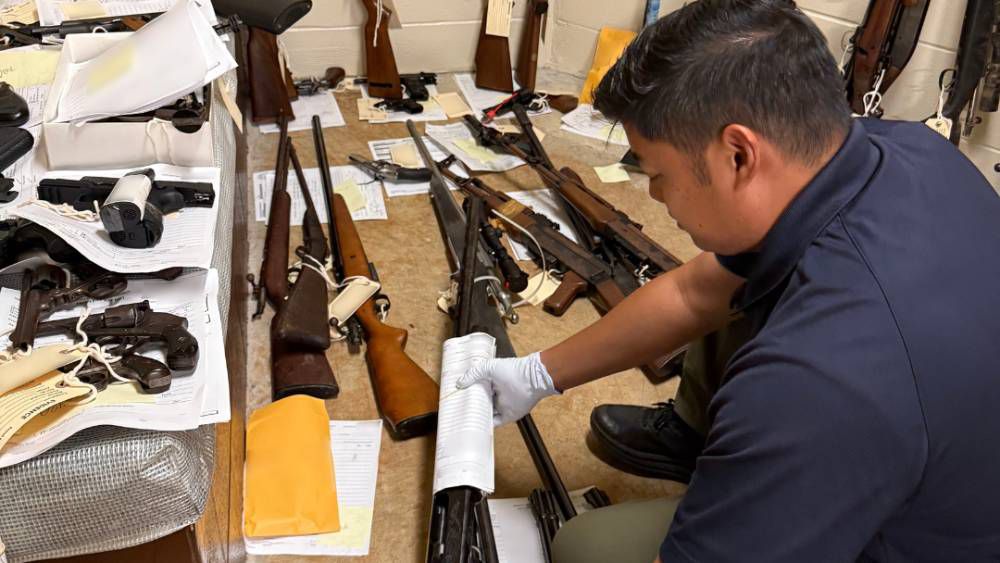HONOLULU — The state Department of Health has confirmed another case of travel-related dengue on Oahu, the fourth such case since December 2023.
The person had traveled to a region where dengue is known to be spread, DOH reported on Monday.
The department did not provide any further description of the case.
Dengue is spread from person to person via mosquitos. While the type of mosquitos that can carry dengue are present in Hawaii, the disease is not established here and cases have only involved people who have traveled abroad. Hawaii has not had a confirmed case of locally acquired dengue since 2016.
Dengue outbreaks have occurred in Central and South America, Asia (including Philippines), the Middle East, Africa and some Pacific Islands, including the U.S. territories of American Samoa, the Federated States of Micronesia, the Republic of Marshall Islands and the Republic of Palau. The disease has also been detected in popular tourist destinations in the Caribbean, including Puerto Rico.
Anyone who travels to an area with dengue is considered at risk of infection.
Symptoms of dengue include fever, nausea, vomiting, rash and body aches. Symptoms typically last two to seven days. Although severe and even life-threatening illness can occur, most people recover after about a week.
The Centers for Disease Control and Prevention advises travelers to practice usual precautions when traveling to areas of dengue risk. This includes using an Environmental Protection Agency-registered insect repellent, wearing long-sleeved shirts and long pants when outdoors, and sleeping in an air-conditioned room or room with window screens, or under an insecticide-treated bed net.
DOH recommends reviewing dengue risk and prevention measures four to six weeks before traveling to countries where dengue is present. Travelers returning from areas with the risk of dengue are further advised to prevent mosquito bites for three week seek medical evaluation if symptoms of dengue develop within two weeks of return.








